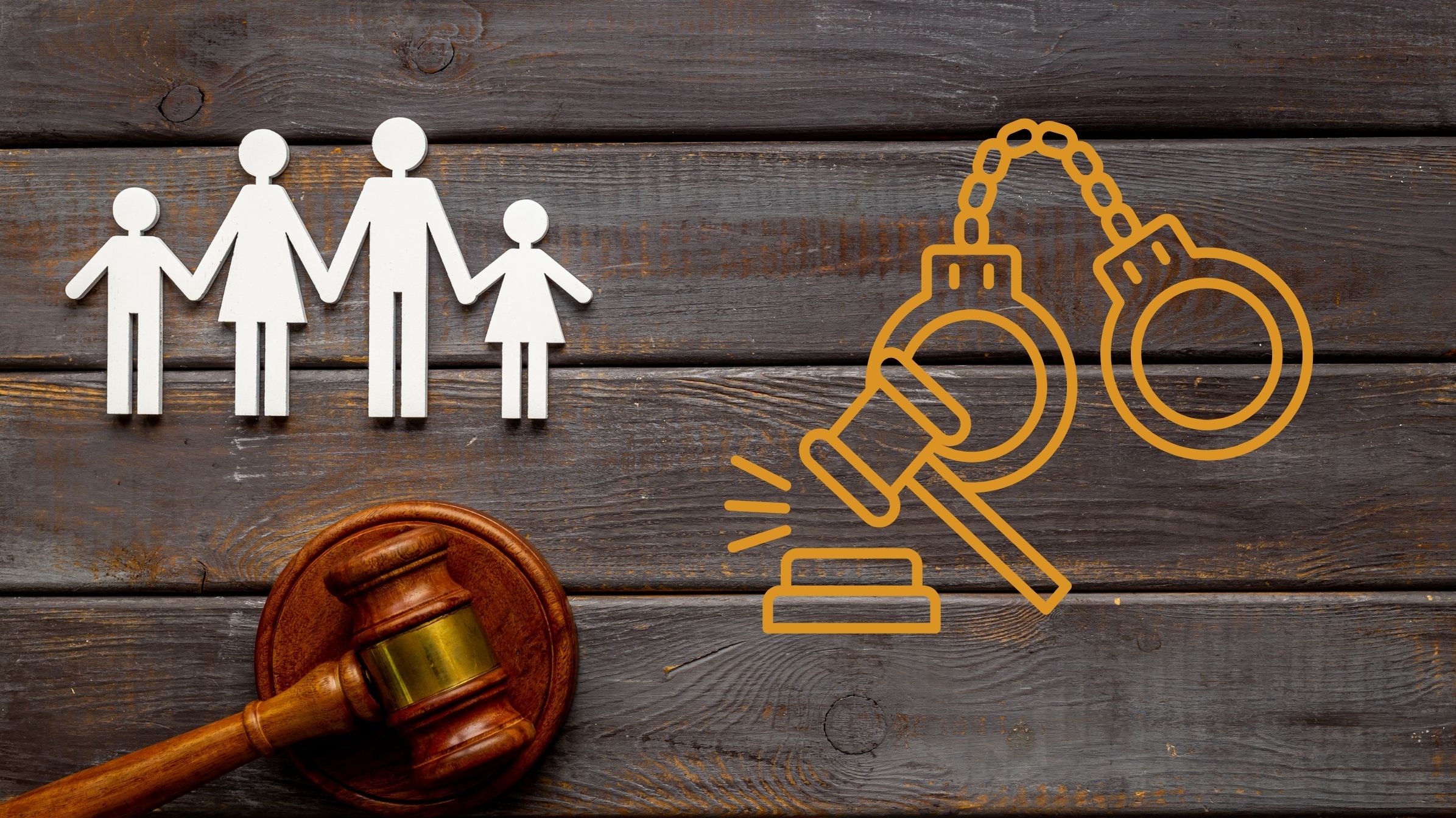Just like comparing surfboards to skateboards, criminal law and family law in Australia are worlds apart. Criminal law deals with offences such as theft, assault or sexual offences and seeks punishment for unlawful conduct, while family law focuses on resolving disputes within families and protecting children.
Meanwhile, family law dives into divorce, parenting and property settlement, aiming to resolve disputes and keep families safe. The criminal law system is more like what you see in TV dramas, with the state prosecuting an accused person and courts determining guilt and penalty. See our overviews of criminal law and family law.
In a family law matter, negotiation and mediation are common, and the Federal Circuit and Family Court of Australia manages most cases. In criminal matters, the Local Court and higher courts hear charges brought by the state. Different players, different goals: a criminal charge asks whether a person is guilty, while family law seeks workable, child-focused agreements. If you are unsure where your issue sits, start with our NSW court procedures guide.
People often think the two systems function the same way. They do not. Below, we break down key differences in focus, parties, processes and outcomes. If you need tailored help, contact Jameson Law.
Nature and Scope of Family and Criminal Law
Criminal law addresses alleged breaches against the community, such as assault or sexual offences. The aim is to prove guilt beyond reasonable doubt and impose penalties to punish and deter. Criminal cases move through the criminal justice system and are heard in criminal courts. Learn more: what is criminal law in NSW.
Family law is a civil jurisdiction governed primarily by the Family Law Act 1975 (Cth). It deals with divorce, parenting arrangements and property settlements. Instead of punishment, the focus is safe, practical solutions, especially where children are involved. See also NSW Local Court information about its limited role in family matters.
Parties Involved in Family and Criminal Law
In family law, parties are family members, usually parents or spouses. Professionals such as family lawyers, mediators and counsellors may assist. If agreement is not reached, a judge decides based on the best interests of the child. Useful resource: Family Relationships Online.
In criminal law, there are two core parties: the state (prosecution) and the accused. The prosecution must prove the case. If you have been charged, read about bail applications and court representation, or get help from our Sydney criminal lawyers.
Different Legal Processes
Criminal cases generally involve investigation, charge, mention dates, hearings and trials, with appeals available. The accused is presumed innocent and the standard is beyond reasonable doubt. See our guides on navigating the criminal law process and summary vs indictable offences.
Family law matters are civil. They often begin with pre-action steps, negotiation and mediation, and may proceed to court if required. Parenting cases are determined on the best interests of the child, including safety. For family court pathways, see the Federal Circuit and Family Court.
Different Outcomes
Criminal outcomes include no-conviction (s 10/ CRO), fines, community-based orders, sentencing to imprisonment and appeals. The goals are punishment, deterrence and community protection.
Family law outcomes include divorce orders, parenting orders, property settlements and spousal maintenance. Safety and workable, child-focused arrangements are the priority. If family violence is involved, see our pages on domestic violence offences and AVOs in NSW, and support services like 1800RESPECT.
Speak to a lawyer today
If you need help with a criminal charge or a family law issue, talk to our team. Start with our Criminal Law or Family Law hubs, then contact Jameson Law or call (02) 8806 0866 for a confidential consultation in Sydney.













